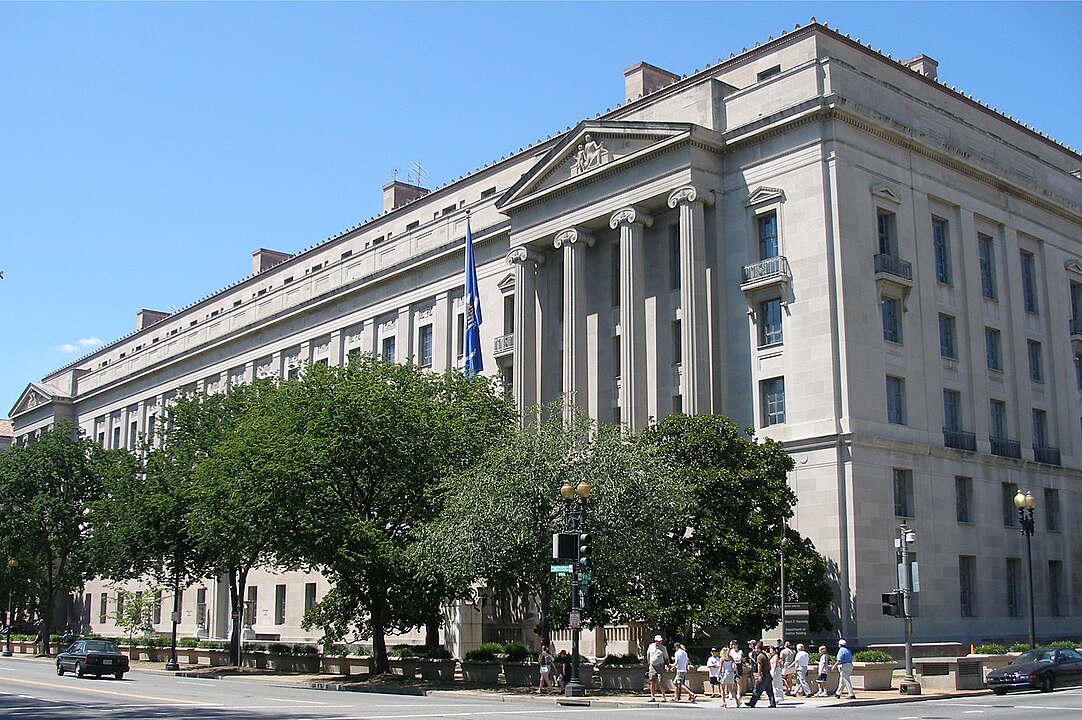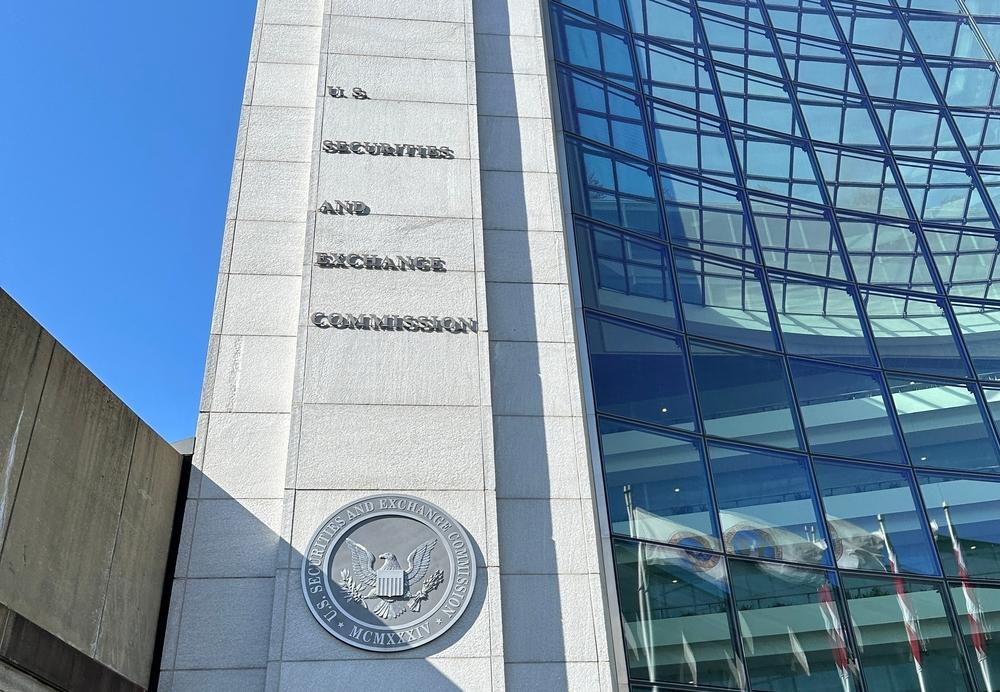In the volatile world of cryptocurrency exchanges, Coinbase, a prominent U.S.-based player, is facing serious legal repercussions. The Securities and Exchange Commission (SEC) has recently filed a lawsuit against the company, accusing it of violating securities laws. This development occurred on June 6, following the SEC's action against Binance the previous day and coming approximately ten weeks after the commission notified Coinbase of potential regulatory measures through a Wells notice.
In response to the Wells notice, Coinbase's CEO, Brian Armstrong, expressed frustration over the ambiguous regulatory environment. He reassured the public that the company is fully prepared to vigorously contest the SEC's allegations.
On the same day as the SEC's action, Coinbase released a video titled "By the Numbers," in which it stated that the concept of "staking," central to the SEC's case, had been mentioned 57 times in their S1 report submitted to the SEC prior to their initial public offering.
The video also emphasized the company's proactive approach to seek regulatory clarity. Coinbase claimed to have sought advice from the SEC multiple times in 2022 and even filed a petition for rulemaking on staking two months ago.
During his testimony before the House of Representatives Committee on Agriculture on June 6, Coinbase's Chief Legal Officer, Paul Grewal, clarified that the company operates within regulatory boundaries. It is registered as a money services business with the Treasury Department, and its subsidiary, Coinbase Asset Management, is an SEC-registered investment advisor and a licensed designated contract market overseen by the Commodity Futures Trading Commission.
Despite holding money transmission licenses in 45 states, Coinbase received a Show Cause Order from ten states on June 6. This order requires Coinbase to provide evidence within 28 days as to why it should not face a cease-and-desist order for the alleged violations of securities laws.


























Comment 0